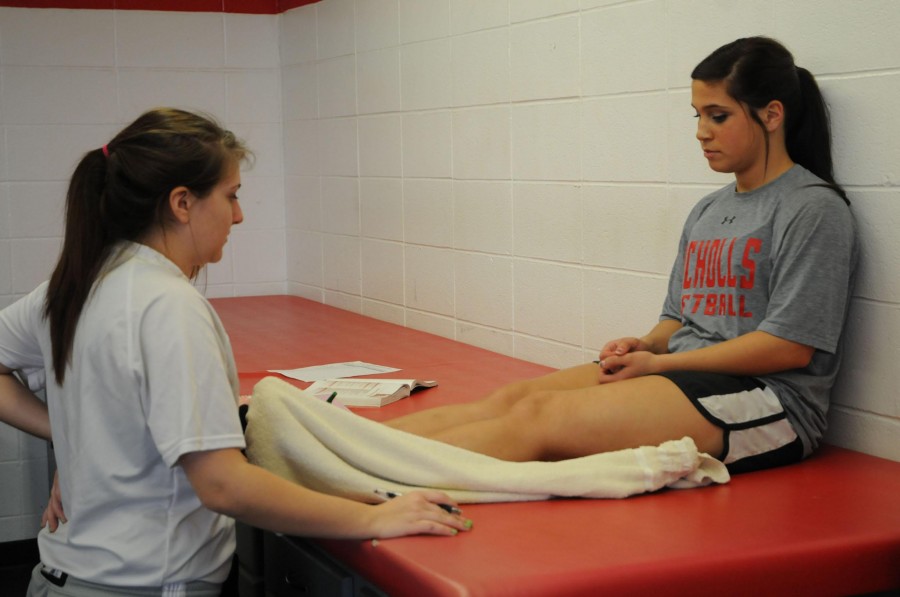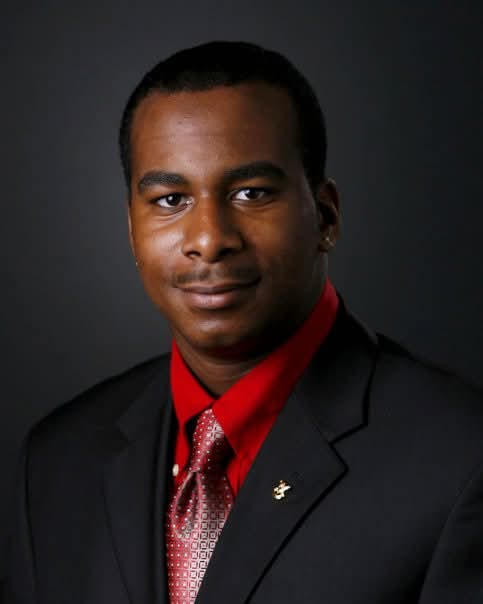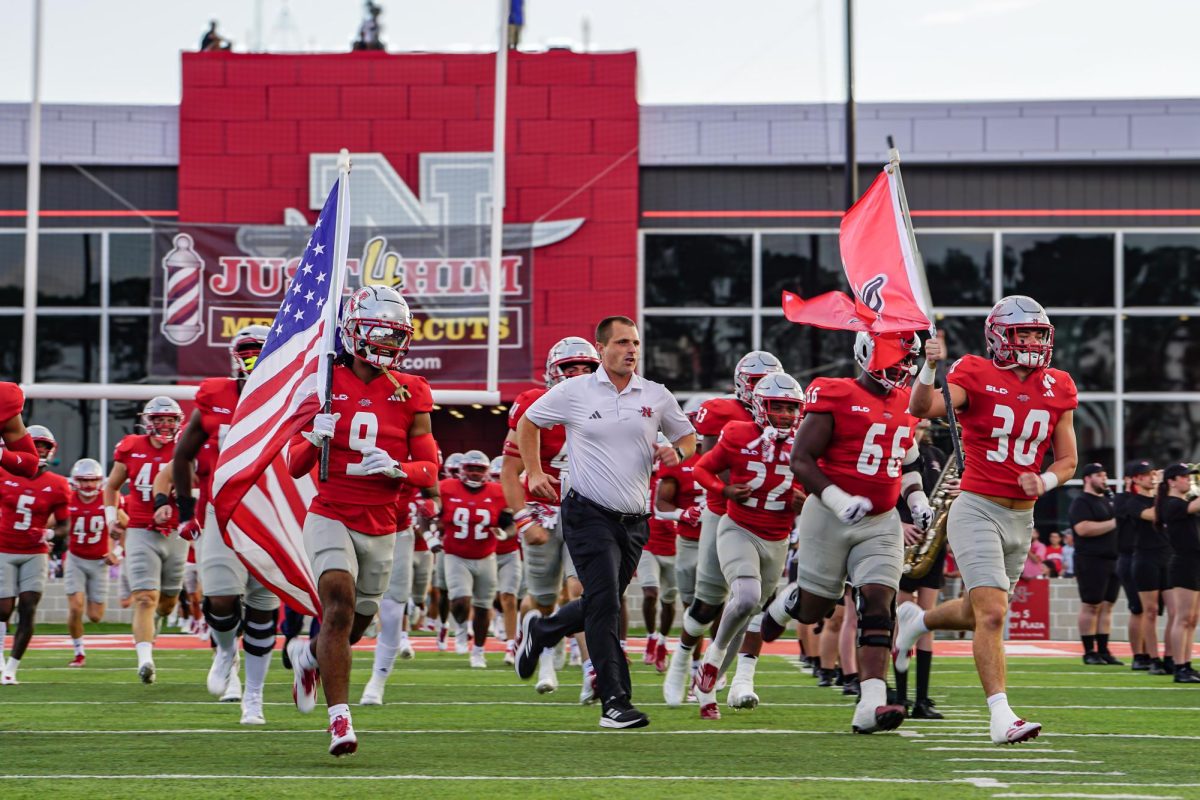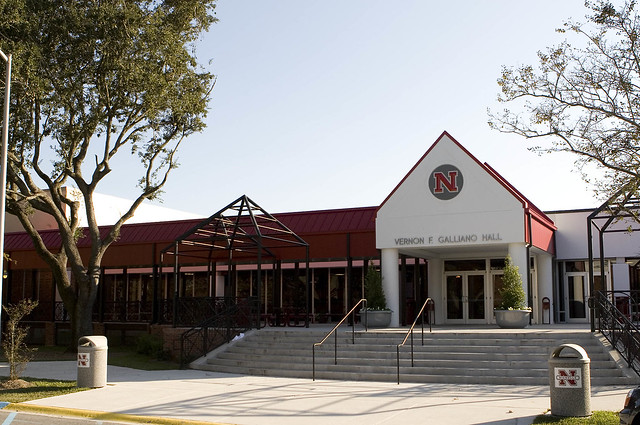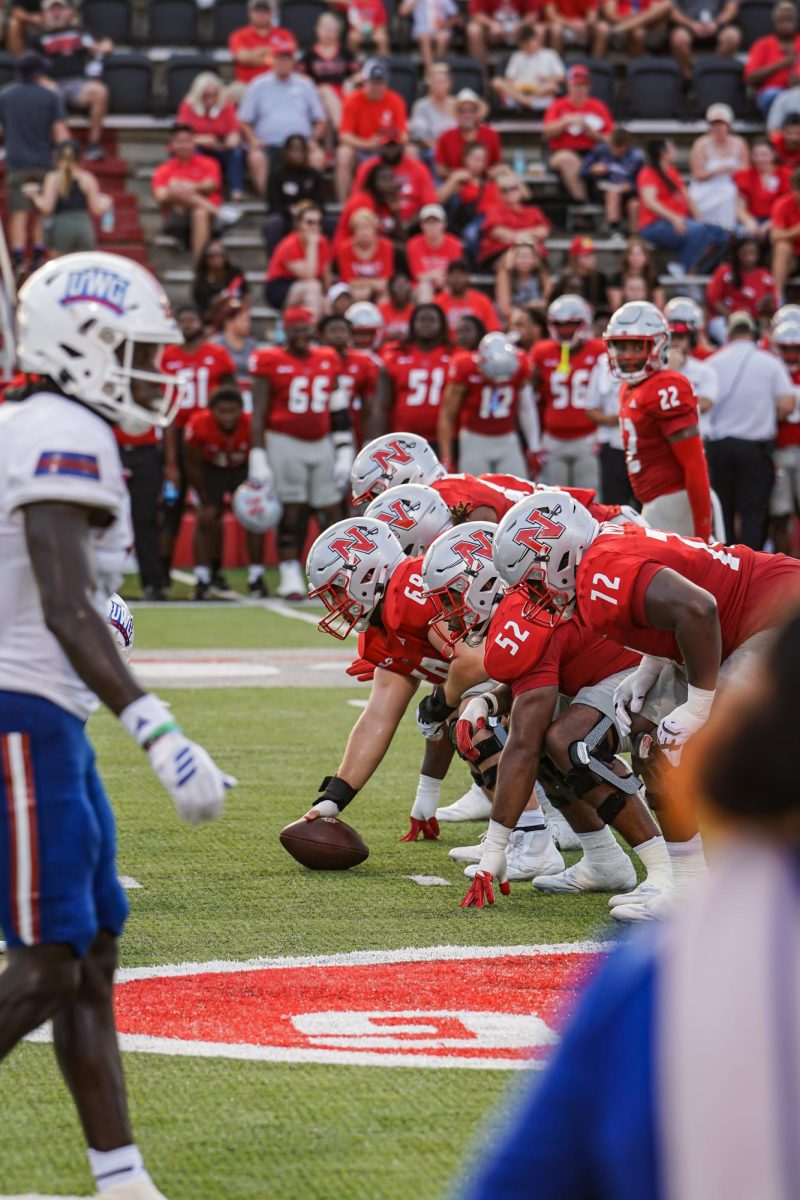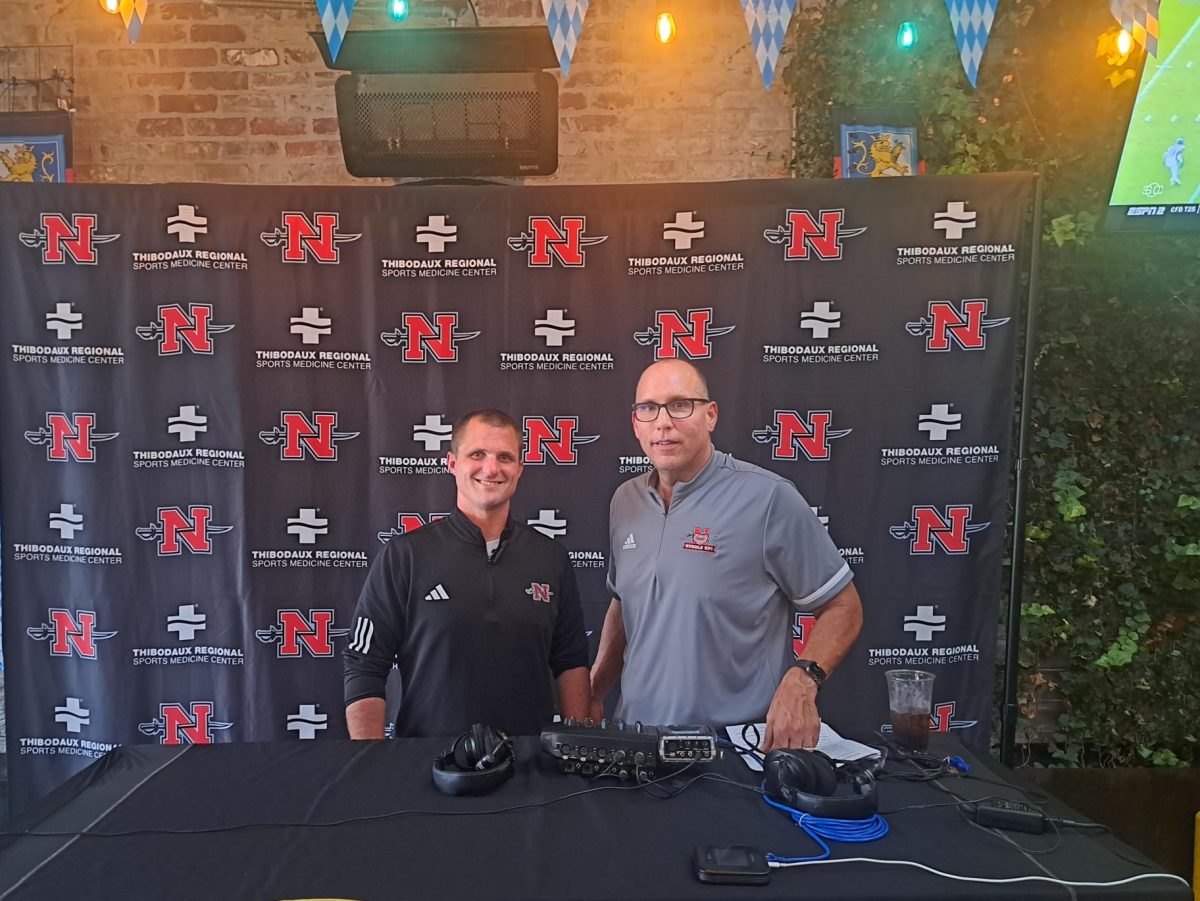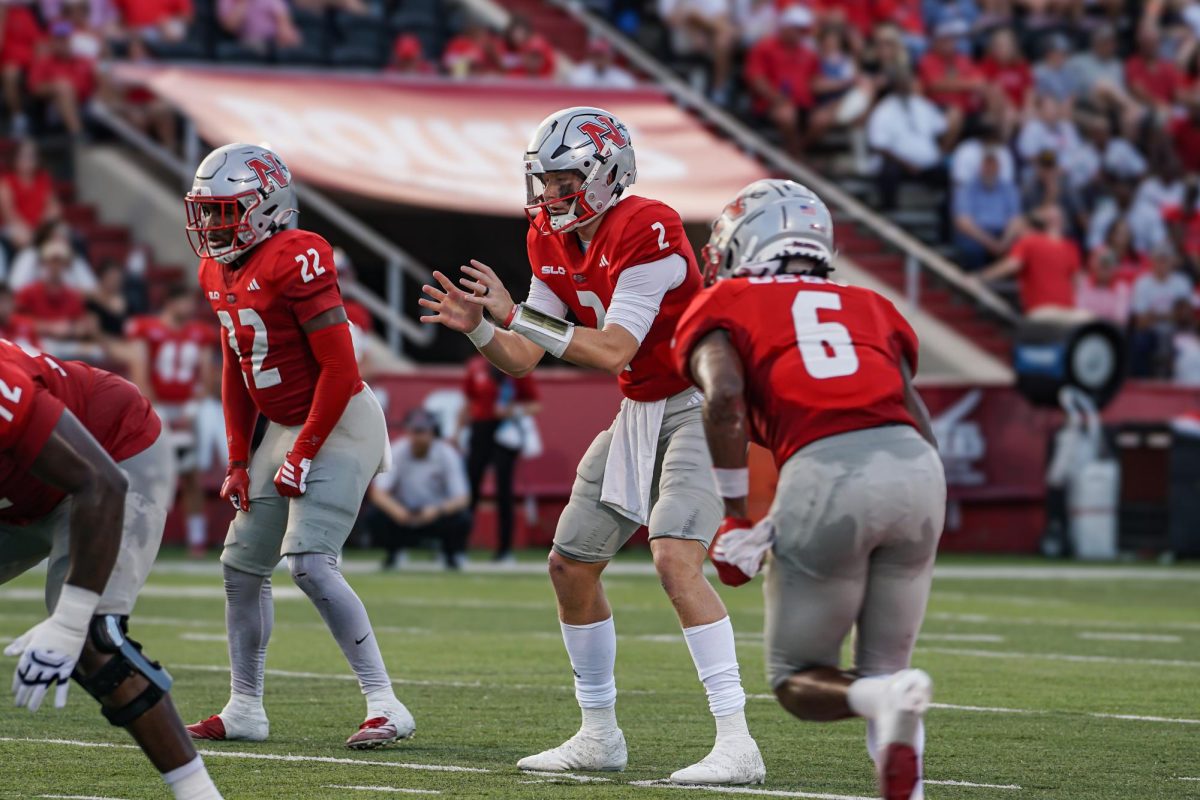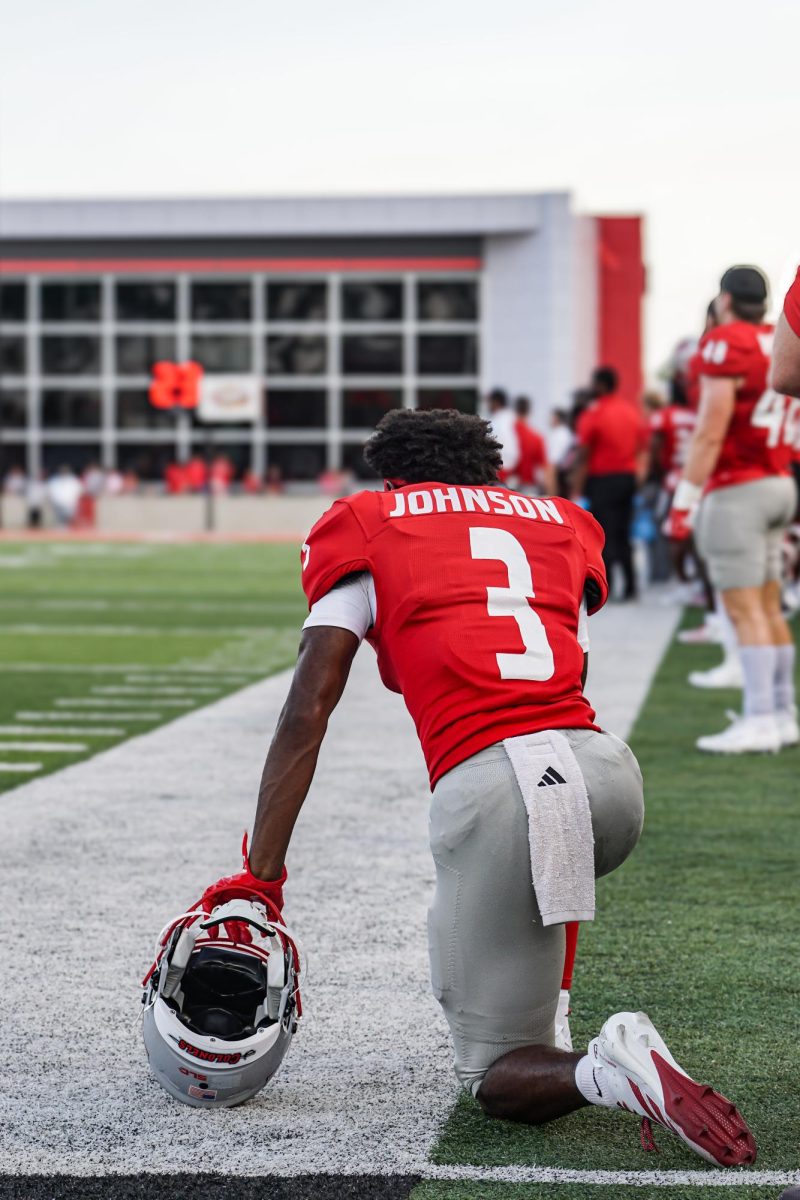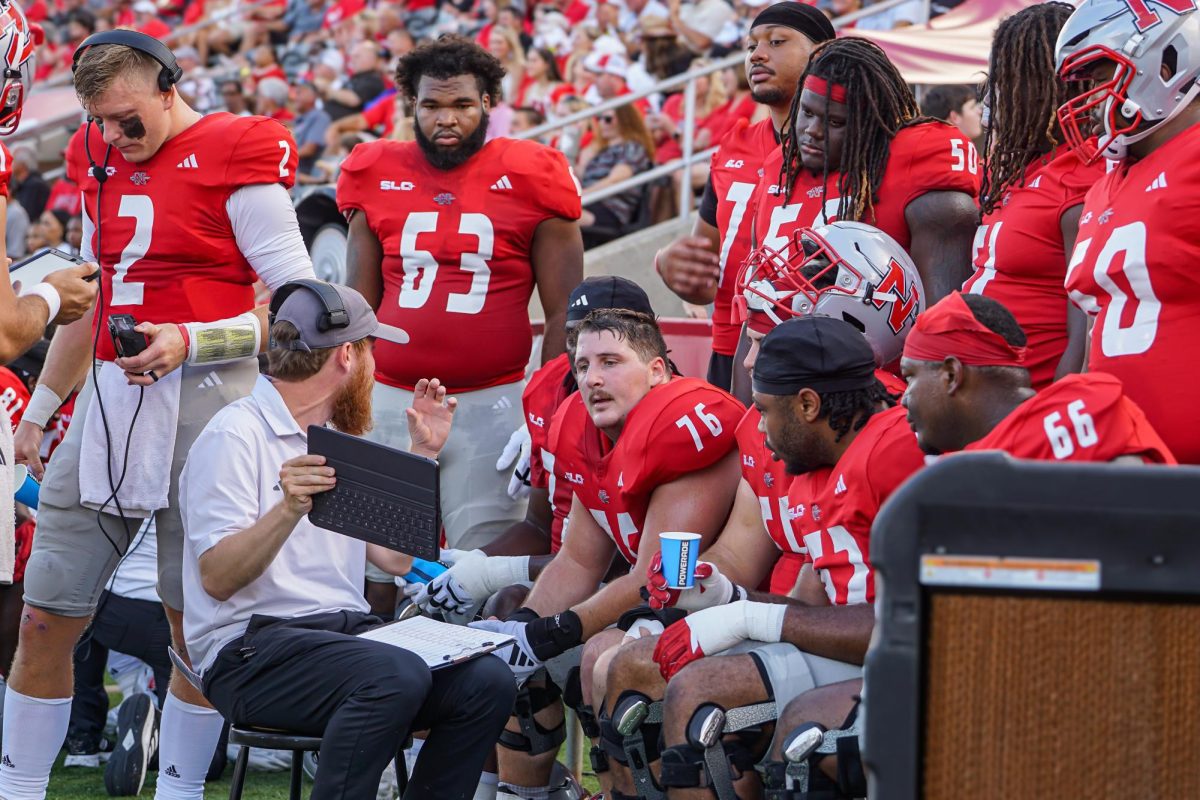March is National Athletic Training Month, an awareness and motivational program sponsored by the National Athletic Trainers’ Association.
Athletic trainers are specially trained individuals responsible for the prevention, assessment, treatment and rehabilitation of athletic injuries and illnesses. It is recognized as an allied health care profession and play a major role in taking care of athletes of all levels. Athletic trainers are also instrumental in promoting safety and providing insight on how to stay healthy.
Head athletic trainer, Krista Bayers, said she believes Athletic Training Month is beneficial in educating the public on what an athletic trainer’s job entails.
“I think that Athletic Training Month is a great way to spread the word about what athletic trainers do and how they impact the safety and well-being of athletes,” Bayers said.
Senior athletic trainer, Percy Bell Jr., agreed that Athletic Training Month is beneficial in educating others.
“I think Athletic Training Month is a great month for the general public to gain true knowledge of what exactly an athletic trainer is and does,” Bell said. “It also gives the athletic training community something to feel accomplished about. We have come from being a not well-respected practice into a profession that is greatly appreciated.”
Athletic training can be extremely demanding at times and athletic trainers are required to treat a vast amount of athletes and injuries each day. They are the first to arrive at a sporting event and the last to leave.
“My job keeps me busy all day and has a lot of demands but it is worth it when I am able to get athletes back to playing their sports,” Bayers said.
Bell agreed that the job of an athletic trainer can be demanding and overwhelming at times.
“Being an athletic trainer is very demanding,” Bell said. “In our profession, the traditional 9 a.m. to 5 p.m. workday does not exist. We are the first ones to arrive at a game, and we are also the last to leave. To be successful, one needs to be versatile and innovative.”
Athletic trainers intend to provide their athletes with the best health care possible in order to get them off the sidelines and back into the game as soon as possible.
“As an athletic trainer, my role is to provide acute care for athletes and to help prevent and rehabilitate injuries,” Bell said. “We want to get our athletes well and playing again.”
Bayers and the rest of the athletic training team at Nicholls strive to provide Nicholls athletes with the best health care available including injury prevention, injury rehabilitation and illness evaluation.


